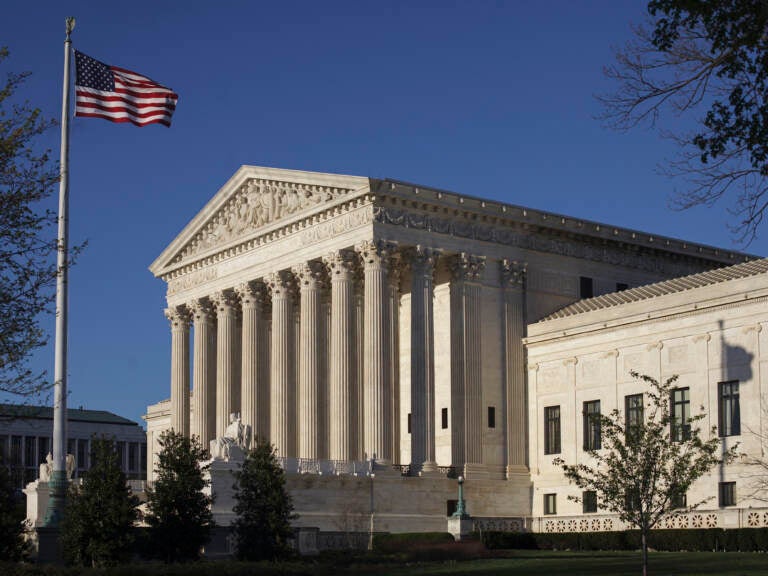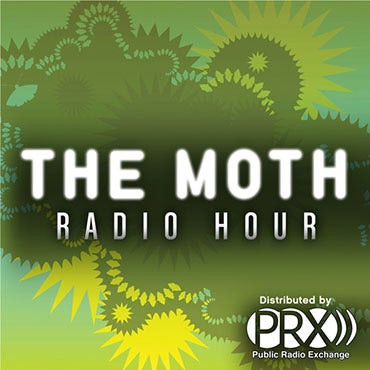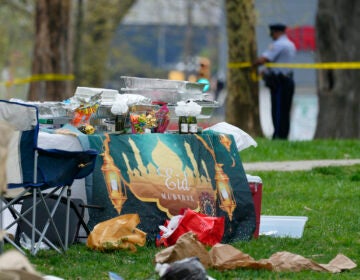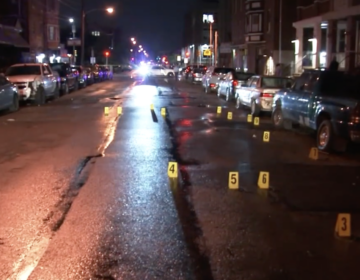Supreme Court strikes down N.Y. law that restricts concealed carrying of guns

FILE - In this April 4, 2017 file, the Supreme Court in Washington. (AP Photo/J. Scott Applewhite)
The U.S. Supreme Court, in a 6-3 opinion, ruled that New York’s restrictions on the concealed carry of firearms in public violates the Second Amendment.
The opinion, written by Justice Clarence Thomas, invalidates the state’s requirement for people to show “proper cause” to get public carry licenses.
Writing for the conservative majority, Justice Thomas said: “The exercise of other constitutional rights does not require individuals to demonstrate to government officers some special need. The Second Amendment right to carry arms in public for self-defense is no different. New York’s proper-cause requirement violates the Fourteenth Amendment by preventing law-abiding citizens with ordinary self-defense needs from exercising their right to keep and bear arms in public.”
Writing for the court’s three liberals, Justice Stephen Breyer wrote: “In applying that approach to New York’s law, the Court fails to correctly identify and analyze the relevant historical facts. Only by ignoring an abundance of historical evidence supporting regulations restricting the public carriage of firearms can the Court conclude that New York’s law is not “consistent with the Nation’s historical tradition of firearm regulation.”
In a concurring opinion, conservative Justice Samuel Alito said New York’s restrictions failed to stop the Buffalo mass shooting.
“[H]ow does the dissent account for the fact that one of the mass shootings near the top of its list took place in Buffalo?” he wrote. “The New York law at issue in this case obviously did not stop that perpetrator.”
Justices Brett Kavanaugh and Amy Coney Barrett both wrote separate concurring opinions
Justice Kavanaugh’s opinion outlined what the court’s ruling does and does not do.
“The Court’s decision does not prohibit States from imposing licensing requirements for carrying a handgun for self-defense. In particular, the Court’s decision does not affect the existing licensing regimes — known as “shall-issue” regimes — that are employed in 43 States,” he wrote.
“The Court’s decision addresses only the unusual discretionary licensing regimes, known as ‘may-issue’ regimes, that are employed by 6 States including New York.”
Those jurisdictions include California, Hawaii, Maryland, Massachusetts, New Jersey, and Washington, D.C.
Kavanaugh wrote that New York’s “outlier may-issue regime is constitutionally problematic because it grants open-ended discretion to licensing officials and authorizes licenses only for those applicants who can show some special need apart from self-defense.”
And, he added: “Going forward … the 43 States that employ objective shall-issue licensing regimes for carrying handguns for self-defense may continue to do so. Likewise, the 6 States including New York potentially affected by today’s decision may continue to require licenses for carrying handguns for self-defense so long as those States employ objective licensing requirements like those used by the 43 shall issue States.”
This story will be updated.
9(MDAzMzI1ODY3MDEyMzkzOTE3NjIxNDg3MQ001))




